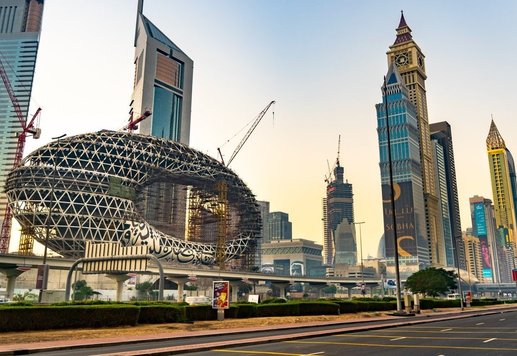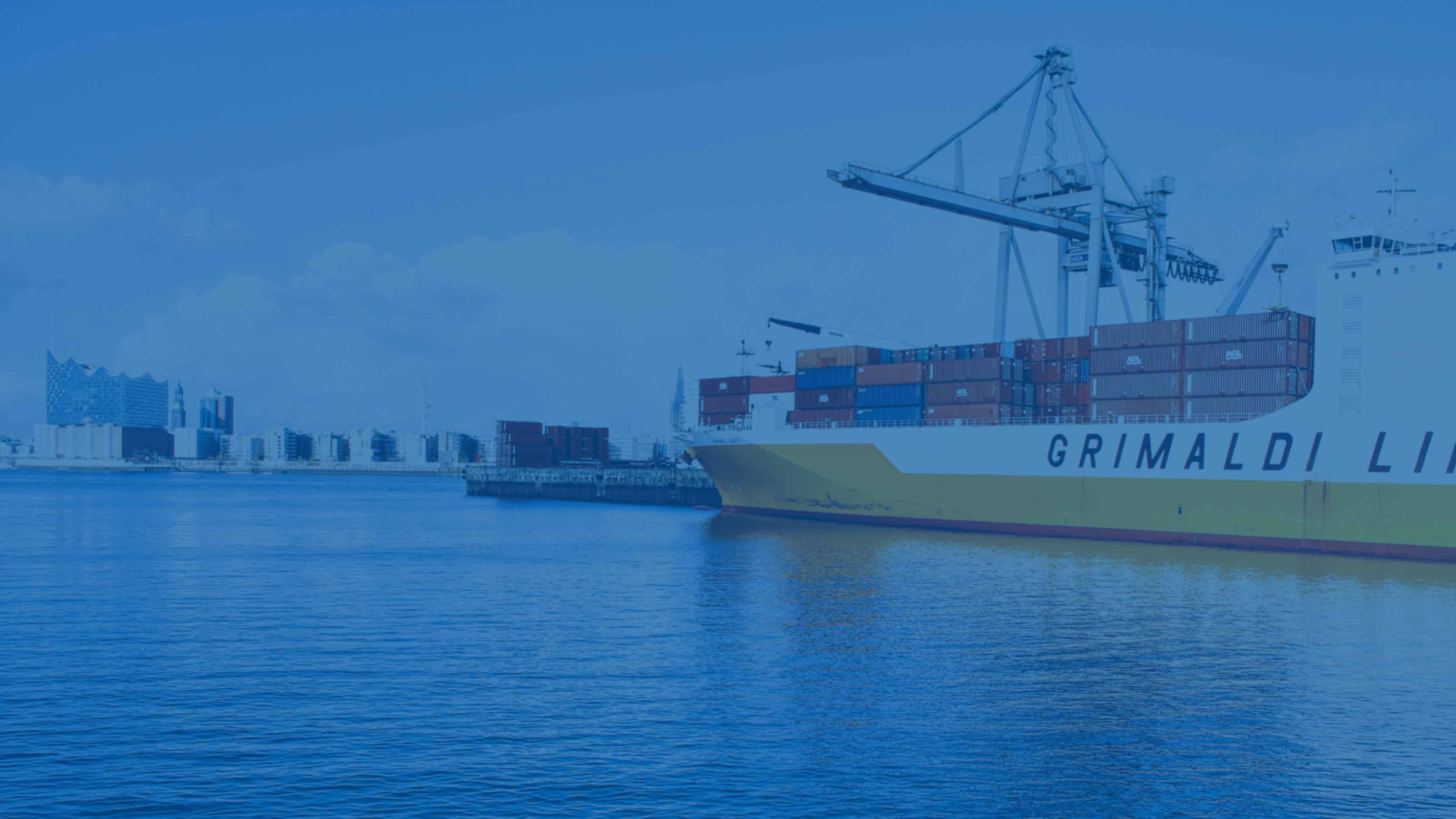Expanding to the GCC as an Indian Startup With Remedico and ShopDoc
- In the July edition of our Expanding to the GCC as an Indian Startup webinar series, we asked executives from Remedico and ShopDoc several questions on their experiences expanding to the UAE and how other Indian startups can follow in their footsteps
Vaibhav Dayal, CEO / Cofounder of Remedico who shared how it built one of India’s biggest online dermatology brands
Shihab Makaniyl, CEO / Founder, ShopDoc discussed its world-first project to work with Dubai on metaverse clinics for schools.
Here are some the key takeaways from the discussion.
What advice would you give early-stage Indian startups looking to expand to the GCC?
Market research is key to successful entry
Startups should understand if the problem they’re solving in India exists in the GCC
- It is important to understand market nuances: the UAE has a large expat population, and market dynamics and capacity to pay are unique
- Cost of customer acquisition is higher due to higher online advertising costs
- It is crucial to find the correct strategic partner in the target market
What advice would you founders looking to raise funding from GCC investors?
The UAE venture ecosystem is not developed, and it is focuses on larger, growth deals in India.
Early-stage startups should target HNWIs
- There is a lot of investor interest from the UAE and GCC in the Indian startup ecosystem
- It is better to target HNWIs because the venture ecosystem is smaller than India
- There are many fund LPs who may be approached to invest direct investments
- SWFs like ADIA and Mubadala have done well on Indian investments, but with they only invest at later stages – and are thus not an appropriate target for earlier stage startups
With the current funding slowdown, how bad is it for founders right now?
While there is a slowdown, early-stage founders should not be far too worried
- Venture funding is like a flat pyramid - there are a lot more earlier stage investors, but startups looking to raise series C and D could struggle
- Early-stage startups should not worry but instead focus on product and traction
- This is a good time for startups to reassess their costs
How important is it for startups to engage with governments?
In the UAE, it is important for tech startups to align with government priorities
The UAE wants to transition from a consumption economy to a knowledge economy
- The UAE is very agile in initiating and adopting policies to promote emerging technologies
- There has been a shift– previously, the UAE was OK with investing in lobal tech companies, but now it wants companies to develop technology in the UAE, not just sell products
What are some of the challenges startups face when expanding to the UAE?
Understanding regional nuances, demographics, and localization is important
The MENA is diverse, and each country is different
- It is not easy to penetrate the MENA without a full market understanding
- Leveraging the 9-10M Indian diaspora in the GCC can provide initial guidance and traction
What can the UAE learn from the Indian tech ecosystem and vice-versa?
The UAE tech ecosystem is much smaller than India, but there is a lot of opportunity to grow
CEPA and more ecosystem cooperation is key
- Discussions are ongoing between UAE and India via CEPA to enhance cooperation
- MENA startups find it very difficult to expand to India – competitive intelligence is key since there might already be ten Indian tech companies competing in a particular space
Who will win the race to become the tech leader in the region, UAE or KSA?
The GCC tech ecosystem will grow, but whichever country attracts the better talent will win
It is not necessarily a zero-sum game
- As countries continue to innovate, the market will only get bigger
- The UAE has a first mover advantage with no signs that it will slow down - tech talent is attracted to the lifestyle offered by Dubai and Abu Dhabi
- Policies and incentives to attract the best talent are critical to emerging tech ecosystems








































